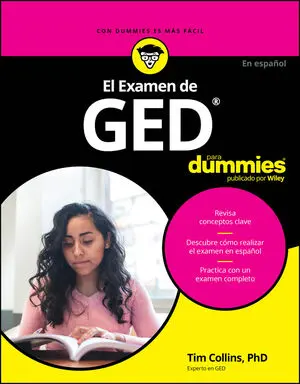Practice Questions
Both practice questions are based on the following information.A gardener is interested in growing pea plants of a particular height. He draws a Punnett square to display all the possible combinations of alleles when two hybrid pea plants are crossed to help him determine the possible genotypes of the offspring. T represents the dominant allele for tall plants, and t represents the recessive allele for short plants. The genotype of one parent plant is shown on the top of the square, and the other parent's genotype is shown on the left of the square. The genotypes of the offspring are shown in the boxes. The Punnett square is shown here:

- What is the probability that an offspring will be tall?
A. 0% B. 25% C. 75% D. 100%
- Fill in the blanks to correctly complete the sentence:
The genotype of both parent plants is __________, which means that both parents will be __________.
Answers and Explanations
- The correct answer is C.
Because the allele for tall plants (T) is dominant, any genotype that contains it, (Tt) or (TT), will result in tall plants. The Punnett square shows that three out of four (or 75%) of the offspring have genotypes containing the dominant allele; therefore, 75% of the offspring will be tall, making Choice (C) the correct answer.
- The correct answers are heterogeneous and tall.
The genotype of both parent plants is heterogeneous, which means that both parents will be tall.
Both parent plants have the genotype Tt, which means they are heterogeneous (one allele of each type). Because they both contain a dominant T allele, which represents tall plants, both plants will be tall.






